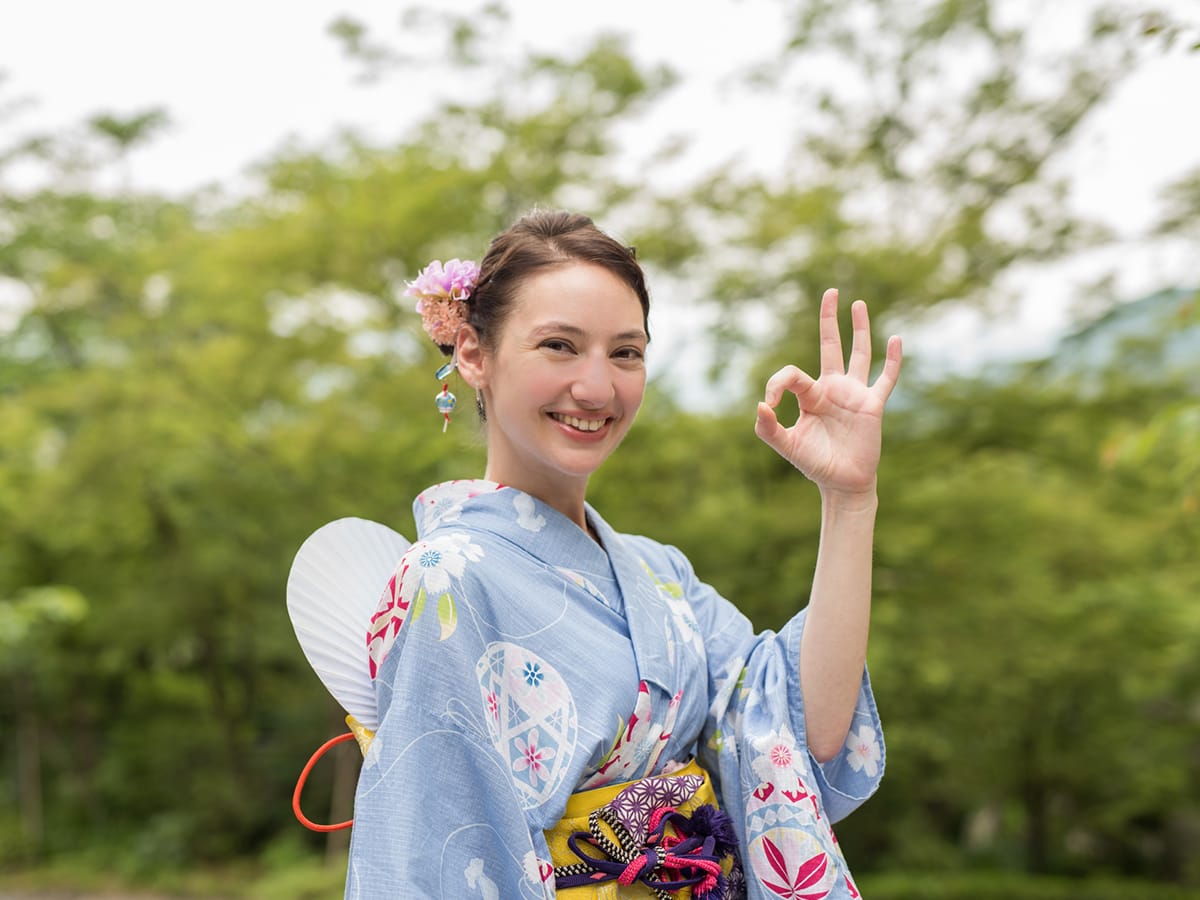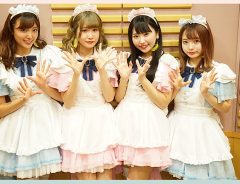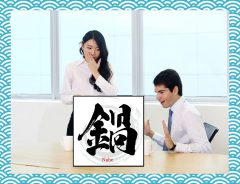
Source: Yasu | © PIXTA
Useful in Japan: Four versatile Japanese expressions with a total of 28 meanings!
- Tags:
- Japanese / Japanese language / learning Japanese
Related Article
-

Fan Trailer Gives Star Wars: A New Hope Old School 80’s Anime Makeover
-

Japanese Voices: @17 no Gokitaku Shimasenka? #38
-

Ask your Japanese friends this ONE question!
-

Three “freaking awesome” Japanese words from skateboarding commentary!
-

Easy Kansaiben To Sound Like a Native
-

Japan’s “hardest food”? You may be in for a surprise when you learn this Japanese word


Japanese Twitter user こあたん Koatan (@KoalaEnglish180) regularly posts illustrated English learning tips gleaned from his daily experiences living in Australia.
One of his recent posts, however, diverged from his usual style. Instead of focusing on Japanese people learning English, it focused on native English speakers learning Japanese. In the first two panels, he says: "If you think English is hard...Don't worry. Japanese is more terrible!" Then, he introduces four Japanese expressions that each have multiple meanings.
"Here's a 6-frame manga about foreigners in despair. To the foreigners (in Japan), good job (making efforts)!"
Reproduced with permission from こあたん Koatan (@KoalaEnglish180)
Koatan is playing this for humor, seeking to make his readers feel better by suggesting that their struggles in learning English can't compare to what non-Japanese speakers go through when they try to learn their language.
However, his argument is premised on the notion that all learners prefer a one-to-one correspondence between the two languages when this is not necessarily the case.
In fact, having multiple meanings for a single expression can be rather convenient since it means you don't need to memorize multiple expressions and learn how to pronounce each one.
So then, let's take a look at these four expressions:
大丈夫 daijōbu
Indeed, 大丈夫 is a very versatile word. You can use it to express approval, to confirm that you're OK with something your interlocutor said, and even to reassure them if they seem concerned about you. Moreover, just as "I'm good" or "I'm OK" can also be used to turn down an offer in English, 大丈夫 can be used for the same purpose.
Is a waiter worried that you won't be able to handle the spice level of the ramen you ordered (with a few notable exceptions, the spice level for Japanese food is usually mild compared to other countries, since most Japanese people have a relatively low tolerance for spicy food)? Daijōbu! Would you prefer a knife and fork? (Holding up the chopsticks) Daijōbu! Would you like to try some natto (fermented soybeans) with your rice? [Making the stop gesture and showing a slightly disapproving expression] Daijōbu
どうも dōmo
どうも dōmo is probably one of the most versatile words in Japanese. Whereas the various meanings of daijōbu don't vary too much from "I'm OK" or "OK" in English, dōmo can't be easily explained and has a truly remarkable variety of possible meanings. It can be used to show appreciation, apologize, and as a casual way of greeting someone. It's also an adverb, meaning "somehow," and yes, it's the name of the NHK mascot character, Domo-Kun.
If you're visiting Japan as a tourist, you'll find it handy when a stranger holds the door open for you, shows you the way, or does something nice for you. Just say dōmo, with a smile and a slight bow.
The next two expressions may be more useful for people staying in Japan for an extended period or those who have already learned some Japanese and have Japanese friends to practice with.
お疲れ様 otsukaresama
The phrase お疲れ様 otsukaresama is used among work colleagues, friends, and sometimes family members and acquaintances. While its etymology is derived from the verb 疲れる tsukareru, meaning "to get tired," it's used in any situation when there is reason to acknowledge someone's work or effort.
It's a fixed expression that colleagues say before they leave the office at the end of the day but it can also be used when you greet someone, knowing that they've traveled far or done something to prepare for the occasion.
ヤバい yabai
This is the only slang expression among the four, so it's only appropriate among friends or close colleagues (and not your boss or a stranger). If you make a Japanese friend, it can be fun to use it in all kinds of situations, both positive and negative.
As you can see, these four Japanese expressions can be used in many different situations, some of which could come in handy when you're visiting Japan.
Instead of interpreting plurality of meaning as a negative, you can look at the positive side and consider it a plus!